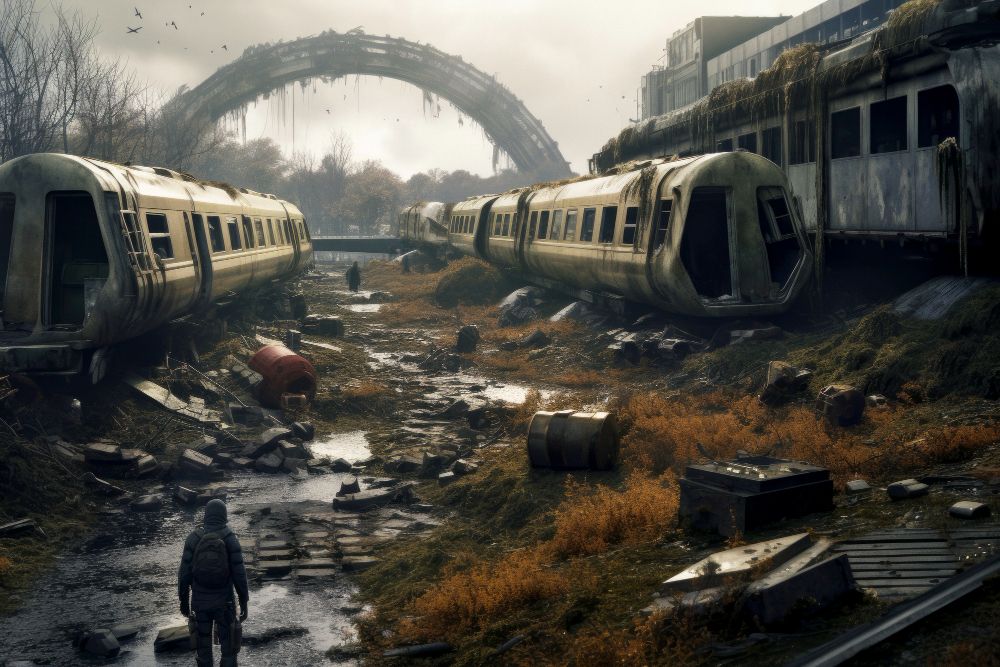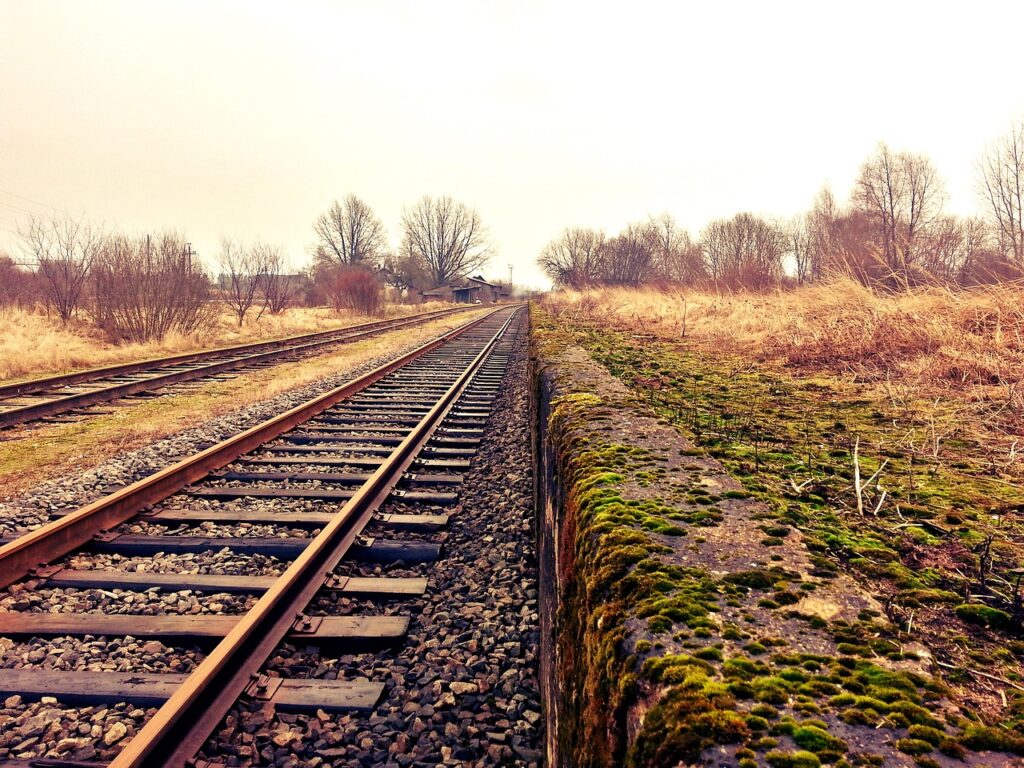
A preliminary investigation into the incident has shown that the loco pilot of the freight train may have been negligent in the rail disaster in New Jalpaiguri that resulted in the deaths of nine people. The Rangapani station manager granted the trains “paper line clearance” to cross when the automatic signaling system on the line malfunctioned, according to documents obtained by The Indian Express.
Three of the Kanchanjunga Express’s coaches were derailed when the goods train crashed with it from behind.
“On the surface, it seems like a human error, but further investigation will provide more information,” Railway Board Chairperson Jaya Varma Sinha informed reporters. Sadly, the collision claimed the life of the freight train’s driver as well. As a result, we are unable to accurately ascertain what transpired. Based on the available information, it appears that the signal was disregarded.
At least four trains had passed the signal ahead of the freight train, according to a railways source who was on the scene of the tragedy. The automatic signaling system’s protocol states that the loco pilot must stop the train for one minute at a time when there is a red light before moving forward at a modest speed and sounding the horn. The official stated, “It appears that the pilot in this instance did not decelerate at the signal.
Furthermore, the loco pilot had taken a nap at his Uttar Pradesh headquarters. The accident occurred at 8:55 a.m., and he checked in at 6:30.
Indeed, a thorough investigation of the incident has not yet been conducted, and these are merely the first conclusions reached by Railway officials.
According to officials, Kavach, an autonomous train protection technology designed and manufactured in India that helps prevent accidents when two trains are traveling on the same track, was not available on this specific line.
A union representing loco pilots took issue with statements made by Railways representatives. The working president of the Indian Railway Loco Running Men Organization, Sanjay Pandhi, stated, “It is highly objectionable to announce the loco pilot responsible when he is dead and CRS inquiry is pending.”
The Kanchenjunga Express was granted a “paper line clearance” to pass at 8.20 am, and the goods train at 8.35 am, due to the malfunction of the automatic signaling system.

According to the statement, “Automatic signalling has failed and you are hereby authorised to pass all automatic signals between CA-T (Chattar Hat) station and RNI (Rangapani) station.”
It further stated, “In addition, you are also authorized to pass semi-automatic/manually operated/gate stop signals upon receiving a signal from a railway servant wearing uniform.”
Although Railways stated that the loco pilot appeared to have “disregard for the signal,” Northeast Frontier Railway officials stated that this explanation alone is insufficient to explain the crash. When a train can be seen, it is very difficult for it to collide with another from behind. Railway men have an obligation to sound an alarm in the event that a train ignores even one signal. It was intended for both trains to slow down. One senior official stated, “It appears that one did and another did not.”
Former Eastern Railways CPRO Samir Goswami stated, “The automatic signaling system was undergoing maintenance on this line. The train can cross the red light in this case, however during the daylight it must wait there for one minute before continuing at a speed of ten kilometers per hour. While the freight train did not adhere to the norm, we are aware that the Kanchanjunga Express did. The reason behind this is a question. The bad thing is that the freight train’s pilot and co-pilot both knew this, but they are no longer with us. The event claimed the life of the Kanchanjungha Express guard as well. therefore leaving no eyewitnesses behind.
The pilot and co-pilot “cannot sleep at the same time,” according to a retired railroad guard. “The manual signal should remain active even after paper line clearance, even in the event that the automatic signal is down. Although goods trains travel at a fast speed, they must slow down under certain circumstances. Furthermore, the next signal is alerted if a freight train overshoots one, he added.
This news is also covered by many news portals. Stay Tuned for 24 hours news updates.


